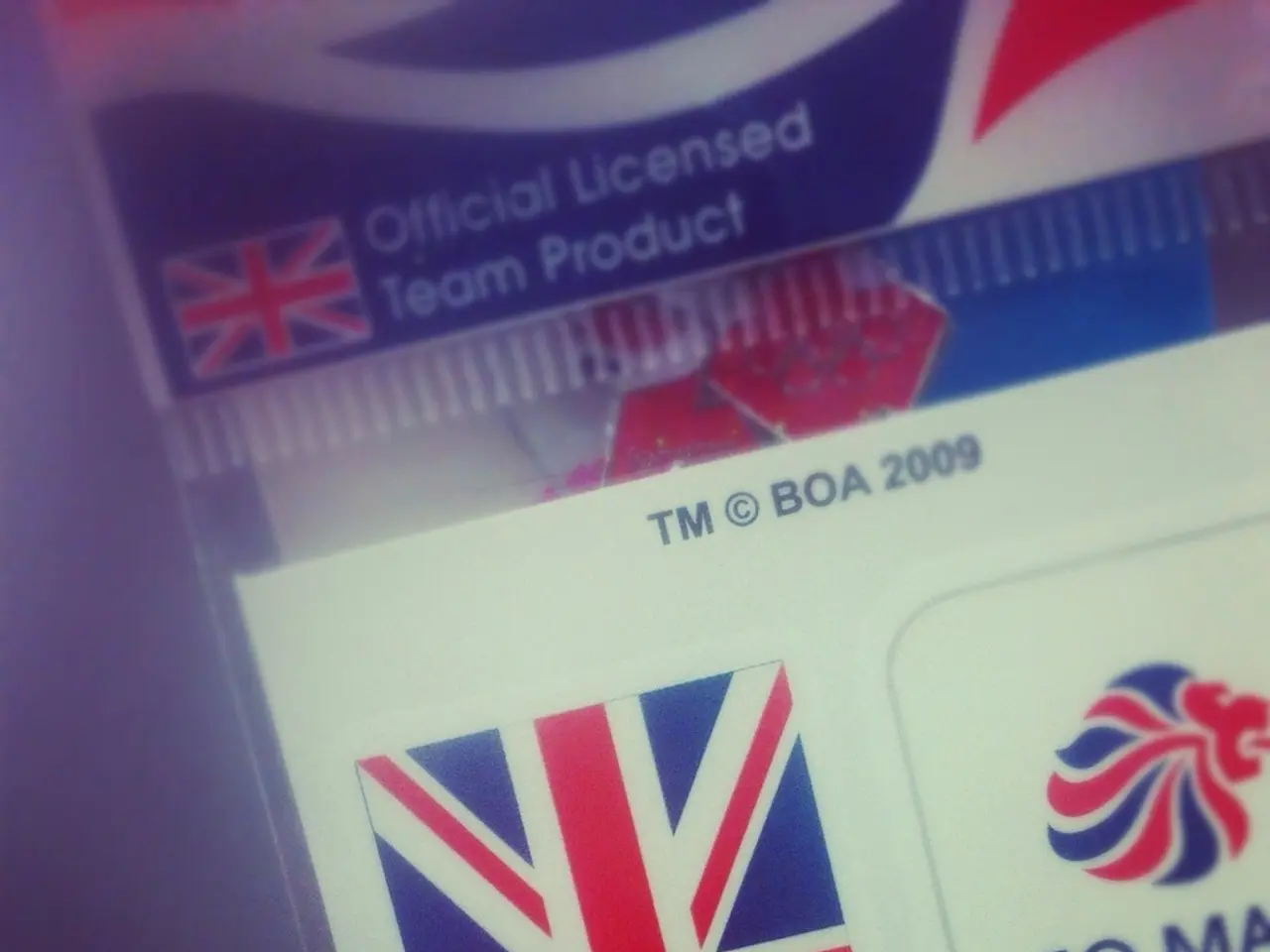Rewarded Compensation in the Lytx Illinois Biometrics Lawsuit: Anticipated Amounts Range from Approximately $650 to $850 for Every Involved Driver
Lytx Settles Illinois Biometric Surveillance Case for $4.25 Million
In a significant move for AI surveillance and biometric privacy, Lytx has agreed to pay $4.25 million to settle claims related to its in-cab driver-facing cameras. The settlement, one of the largest related to biometric data privacy, underscores the expanding legal risks for companies deploying biometric and AI surveillance technologies.
The case, which did not go to trial, centres around allegations that Lytx's system violates Illinois’s Biometric Information Privacy Act (BIPA). Despite Lytx maintaining that its system does not collect retina or iris scans, facial geometry, or any type of biometric data, the Illinois court emphasized that BIPA applies regardless of whether biometric data is used for actual identification purposes.
This broad interpretation of BIPA protections reinforces legal exposure for companies employing AI and machine vision systems that collect biometric data, even if not for biometric matching. The settlement underscores Illinois as a critical jurisdiction due to BIPA’s strict biometric privacy rules and the private right of action it grants to individuals.
The outcome signals heightened scrutiny and litigation risk for biometric and AI surveillance in Illinois. The settlement may encourage more class actions against companies using biometric data or AI-based surveillance technologies, given the significant monetary settlements. Companies must carefully evaluate and potentially redesign biometric and AI surveillance tools to comply with biometric privacy laws or face substantial financial liability.
The settlement is a landmark in AI surveillance and biometric privacy law under BIPA, shaping future biometric data and AI surveillance litigation. Out of the final settlement, one-third will go to the lawyers for the plaintiff, approximately $1.42 million. Each Illinois resident who responded to the solicitation to join the class of plaintiffs will receive approximately $631. The three named plaintiffs in the case, including Lewis, will each receive $10,000.
It's important to note that the question of whether Lytx’s technology definitively constitutes a BIPA violation remains unresolved. However, the settlement's implications are clear: companies using biometric-enabled AI systems in Illinois face increasing legal challenges and costs.
The lawsuit was filed in November 2021 by driver Joshua Lewis against Maverick and Lytx. The case had three named plaintiffs and a broader class of drivers. The court's rejection of the defendants' move to dismiss reinforced a key feature of BIPA: the law's protections apply regardless of whether biometric data is used for actual identification.
Lytx, on its website, has made its view clear of the relationship between its system and BIPA. The company continues its focus on delivering category-defining driver safety technology to meet the evolving needs of today’s fleets. Maverick Transportation and Lytx were defendants in the case.
The rejection of the defendants' move to dismiss has significance, as it reaffirms BIPA’s emphasis on the type of data collected, not its immediate identifiability, and continues to drive litigation risk for companies deploying biometric and AI technologies in Illinois. A blog post on Milberg Coleman Bryson Phillips Grossman’s website notes this point.
In comparison, another transportation-related case over BIPA, involving railroad BNSF, resulted in a payout of about $1,000 per individual. Each non-Illinois resident who responded will receive approximately $845.
As the use of AI and biometric technologies continues to grow, it's clear that companies must navigate these technologies carefully to avoid legal challenges and maintain compliance with privacy laws.
[1] Milberg Coleman Bryson Phillips Grossman, LLP. (2023, February 13). Lytx Settles Biometric Surveillance Case for $4.25 Million Under Illinois' Biometric Information Privacy Act (BIPA). Retrieved from https://www.milberg.com/news/lytx-settles-biometric-surveillance-case-for-4-25-million-under-illinois-biometric-information-privacy-act-bipa/
[2] Law360. (2023, February 13). Lytx Settles Biometric Surveillance Case For $4.25M Under Illinois' BIPA. Retrieved from https://www.law360.com/articles/1563075/lytx-settles-biometric-surveillance-case-for-4-25m-under-illinois-bipa
[3] Reuters. (2023, February 13). Lytx settles Illinois biometric surveillance case for $4.25 million. Retrieved from https://www.reuters.com/legal/regulatory/lytx-settles-illinois-biometric-surveillance-case-4-25-million-2023-02-13/
[4] TechCrunch. (2023, February 13). Lytx settles Illinois biometric surveillance case for $4.25 million. Retrieved from https://techcrunch.com/2023/02/13/lytx-settles-illinois-biometric-surveillance-case-for-4-25-million/
[5] Crunchbase News. (2023, February 13). Lytx Settles Illinois Biometric Surveillance Case for $4.25 Million. Retrieved from https://news.crunchbase.com/news/lytx-settles-illinois-biometric-surveillance-case-for-4-25-million/
[1] The settlement between Lytx and the plaintiffs highlights the potential financial risks companies face when deploying biometric and AI surveillance technologies, especially in jurisdictions like Illinois with strict biometric privacy laws.
[2] Given the expanding role of technology in personal-finance, including data-and-cloud-computing and artificial-intelligence, it's crucial for businesses to prioritize compliance with applicable regulations to minimize legal issues and maintain customer trust.




